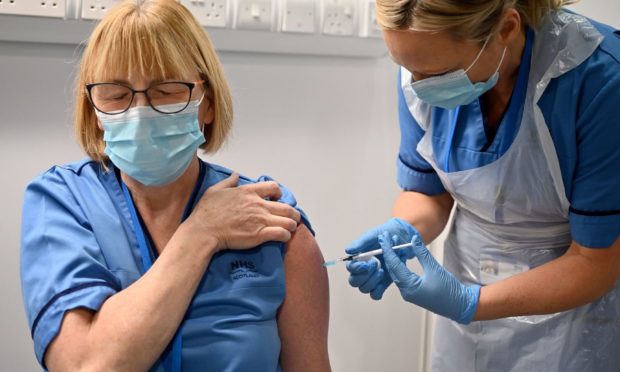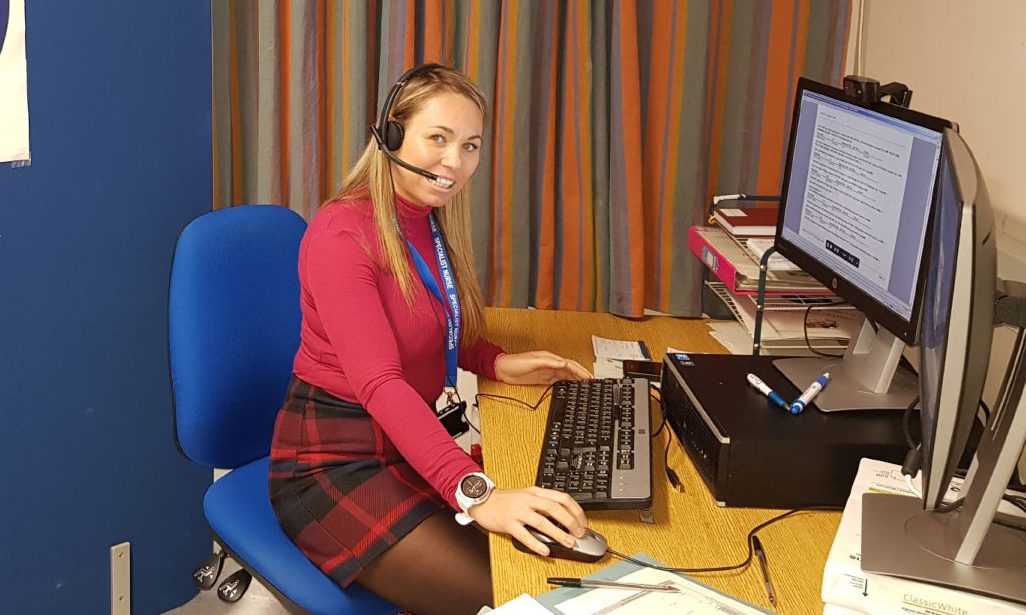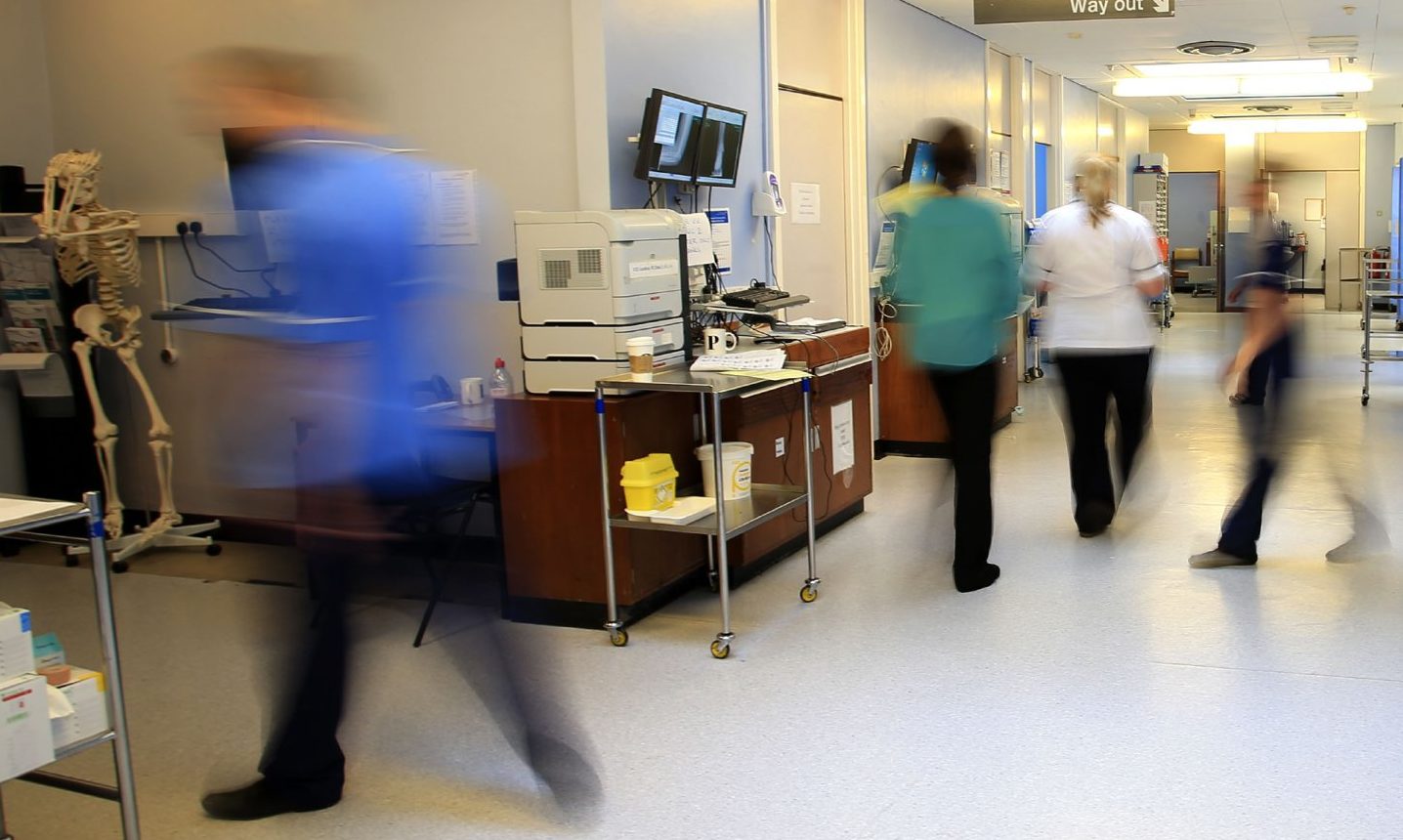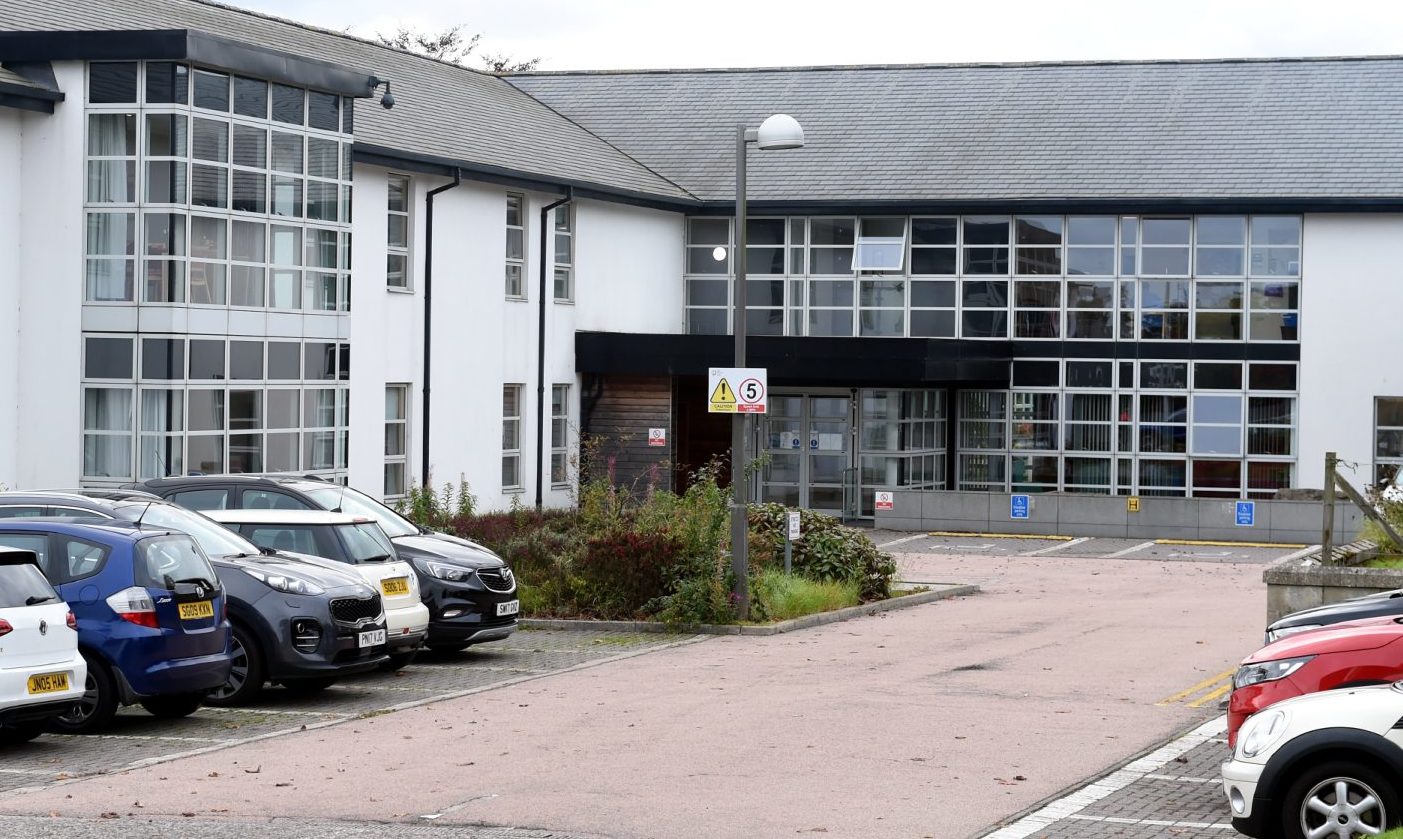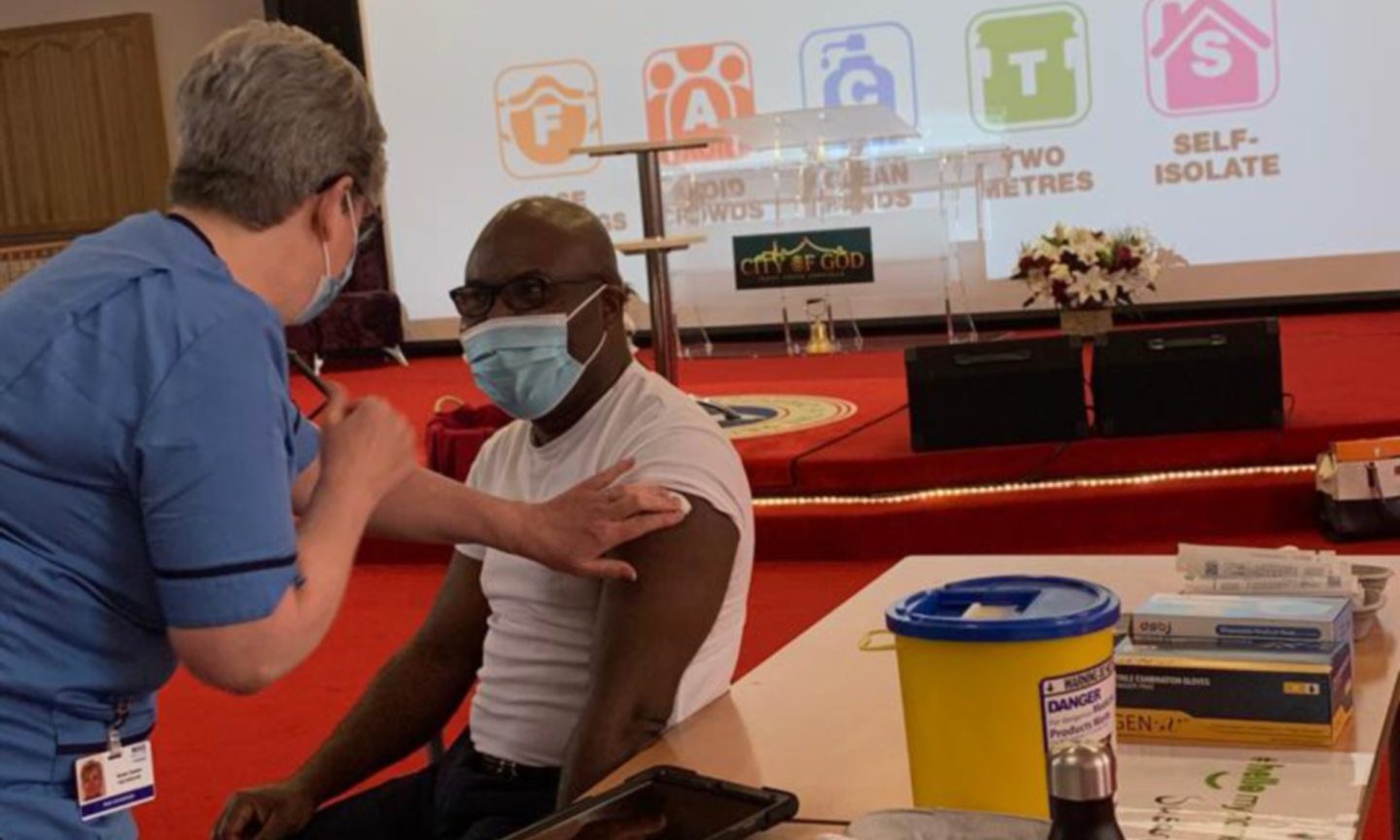Health chiefs in Aberdeen have revealed some of the key lessons they have learned while adapting to a new way of working amid the coronavirus pandemic.
Over the last 14 months, members of the city’s health and social care partnership (ACHSCP) have had to completely transform many of their services.
Some were reduced or delivered differently, with others paused altogether.
And now, with many aspects of life returning to pre-Covid levels of normality, “reviews and reassessments” are taking place to map out the way forward.
In a document going before this week’s integration joint board, lead strategy and performance manager Sandra MacLeod has set out nine lessons her team have learned during the pandemic.
She said: “If we do not learn lessons from Covid, there is a risk that the services we provide will not meet the standards we set ourselves and that the outcomes for service users will not be as good.”
1. How to transform at pace
As the instruction to stay at home wherever possible was issued, many organisations looked to telepresence technology and the likes of remote working to keep vital services running.
For ACHSCP this included the rapid roll-out of Near Me, which allows people to attend pre-arranged appointments via video-call, rather than in person.
The service was developed and tested in 2018 and 2019, with an initial focus on the Highlands and Islands where rural communities and long journey times posed a challenge for health workers.
Prior to the onset of Covid, there were around 80 Near Me consultations taking place every week, with 16 sites using the technology.
The most recent stats show this has expanded to 200 providers, offering 3,500 such sessions on a weekly basis.
Sandra said the success of these initiatives have turned into “an appreciation of the ‘art of the possible’” and changed how they work.
This included “robust and regular” opportunities for communication through the likes of daily huddles.
But she added: “In the case of digital developments this often means people who do not have the desire, opportunity or knowledge to access and use the required technology are at a disadvantage.
“Whilst a variety of options to meet people’s individual needs and preferences have always been available, we could do better to communicate this and support people to access these options.”
2. The pros and cons of technology
The use of video-conference software such as Microsoft Teams and Zoom will likely become a mainstay going forward, Sandra said.
While access to the relevant equipment was “patchy” at first, the technology evolved quickly, allowing for larger meetings and greater functionality.
It also helped people to attend national meetings and conferences without needing to consider the time or cost of travelling down.
But bosses noted it was “so much easier” to spend all their time in virtual meetings – which could take a toll on staff mental health.
Sandra wrote: “We have learned to control this better, booking in regular breaks from screen time. We are already planning for how we will work once the current restrictions are eased further.”
Going forward, meetings could take place with some participants in-person and others attending virtually, allowing them to “maximise their productive time”.
The organisation says this will reduce travel costs, potentially require smaller meeting spaces and have a “significant” positive impact on the environment.
3. The importance of flexible staffing
At the start of the pandemic, staff from across ACHSCP, the city council and NHS Grampian volunteered their time and services to help the Covid response.
Some completed tasks outside their normal remit, while others worked longer hours and “rapidly” learned new skills.
This included people who retrained to provide extra services to struggling care homes across the city.
But partnership bosses noted, as the first wave of Covid came to a close, it was becoming increasingly difficult to find staff willing to help out.
“Whilst we understand the rationale for only seeking this support on a voluntary basis, at times some care homes were very close to being at risk, and it took significant effort to locate and mobilise resource to support them,” Sandra wrote.
“Often, this involved asking more of those who were already undertaking additional shifts with resultant concerns in relation to their health and wellbeing.”
She said, looking ahead, a more flexible staffing arrangement would let them respond better “in an immediate and dynamic way”.
4. Workers must be given time to recover
With services stopping or running at reduced capacity, waiting lists for procedures began to get longer.
Staff reported growing numbers of patients acting “frustrated, angry, and at times very rude” – with growing numbers of complaints arising as a result.
Any respite they received at the end of the first wave of the virus was “short lived” with workers quickly immersed within a second, “arguably worse,” string of infections.
To combat this, bosses provided help through the NHS Grampian Psychological Resilience Hub and efforts from charity Project Wingman, run by grounded cabin crew members.
But they acknowledged workers’ wellbeing has been negatively affected as a result.
Earlier this year the IJB approved a motion to give staff “time, space and resources” to recover from the pandemic and prepare for the future.
A new system monitoring staff absence and turnover rates, the use of wellbeing initiatives and overall feedback is being set up to keep track of progress.
The first results from the set-up are due to be published next year.
5. Communities can provide vital support
During the national lockdown, ACHSCP chiefs found many people were left “unable to access basic, critical and sometimes emergency supplies”.
While staff and partner organisations played a key role in reaching out, bosses noted it was the communities themselves which rallied together to help.
There were many reports of local groups springing up to deliver groceries and prescriptions to those unable to leave their homes, or to provide companionship to people who may seldom see others.
In her report, Sandra wrote: “We know that we have a challenge to continue to deliver a level of health and social care services within our existing resources.
“We need to harness the resource available within communities to help us maximise the diversity of services on offer, particularly in relation to prevention activities.”
6. ‘The whole is greater than the sum of its parts’
Bosses at the partnership said the Covid response brought the value of collaboration between organisations into “sharp focus”.
At the beginning of the pandemic, NHS Grampian and ACHSCP delivered additional PPE stocks to care homes struggling to find supplies.
And in January, NHS Grampian took over 40 beds at Rosewell House as part of Operation Home First, designed to ease pressure on the health service during the second wave.
This provided a middle ground between care in the community and patients requiring hospital beds – keeping people from spending more time in the wards than necessary.
Other initiatives such as Hospital At Home were introduced, while colleagues from a range of services made efforts to better communicate and see the overall picture.
The IJB report said: “There was awareness of what patients or clients needed to be moved, where in the system we had capacity, what the blockages were for freeing up capacity and removing these where possible.”
It added that the collaborative way of working is “fast becoming the norm,” pointing to the likes of the Covid vaccination roll-out as one area it has helped.
7. A lack of communication leads to confusion
With a number of NHS services paused amid the pandemic, there was confusion about who would take responsibility in the meantime.
For some vulnerable people, this led to family and friends “who would not normally have undertaken a caring role” stepping up to offer the help which was temporarily unavailable.
As this continued, fears grew some services would be stopped altogether, with more of a reliance on unpaid volunteers.
Sandra wrote: “Looking back, there is an appreciation that some of these changes to services could have been better communicated and knowing what we know now, we may have been able to continue some services safely.”
8. Services could be busier than before
As the long-term effects of Covid and the pandemic as a whole are still being realised, it is thought some health social care services could become busier than ever before.
Lockdown restrictions led to large changes to daily routines – including work, socialising and exercise.
Financial pressures also emerged for many, prompting anxieties over how they would pay the bills.
Others, concerned about the possibility of catching coronavirus or taking services away from others, failed to seek treatment or advice for health concerns.
Sandra said: “The post-Covid future remains uncertain for many.
“The full extent of the additional impact of this on health and social care needs in the community are, as yet, unknown but we are already seeing demand for some services increasing and we expect this to continue.”
Bosses are preparing for an rise in the number of patients suffering the effects of long Covid – which are still being investigated.
“It is unknown what the extent of the impact this might have on the health and social care needs of this section of the population within Aberdeen,” Sandra added.
“But we are monitoring the scientific reports and demand modelling that is being produced at a national level, and will take steps to ensure we prepare our services as best we can to cope with this.”
9. More work is needed to tackle inequality
Health chiefs have found a “wealth” of data suggesting certain groups of people are much more susceptible to falling seriously ill and dying from Covid.
This includes those in black, Asian and minority ethnics (BAME) communities, older people, those with disabilities or living in deprivation areas.
As part of the fight against the virus, health chiefs have been taking steps to encourage more people to receive a Covid vaccine.
Pop-ups clinics for the homeless and BAME groups in churches have already been set up, with more planned for the future.
The health and social care partnership has also “refreshed” its equalities frameworks, which are used to help guide decision-making.
Sandra said: “We hope that this will make our services more accessible, helping to reduce the level of health inequality experienced in Aberdeen.”
